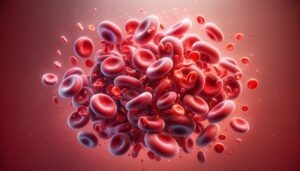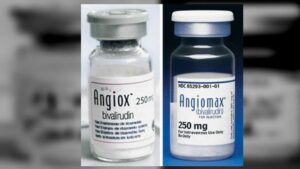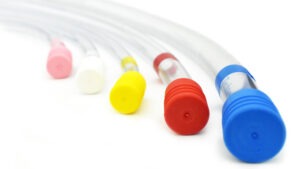
Heparin Resistance Management During Cardiac Surgery: A Literature Review and Future Directions
This article reviews the complexities of heparin resistance (HR) during cardiac surgery, highlighting its causes, diagnosis, and management strategies. HR, characterized by insufficient response to heparin, can result in serious surgical complications. The authors discuss diagnostic methods like assessing activated clotting time (ACT) and propose management strategies such as heparin dosage adjustments, antithrombin supplementation, and alternative anticoagulants to improve patient outcomes.









